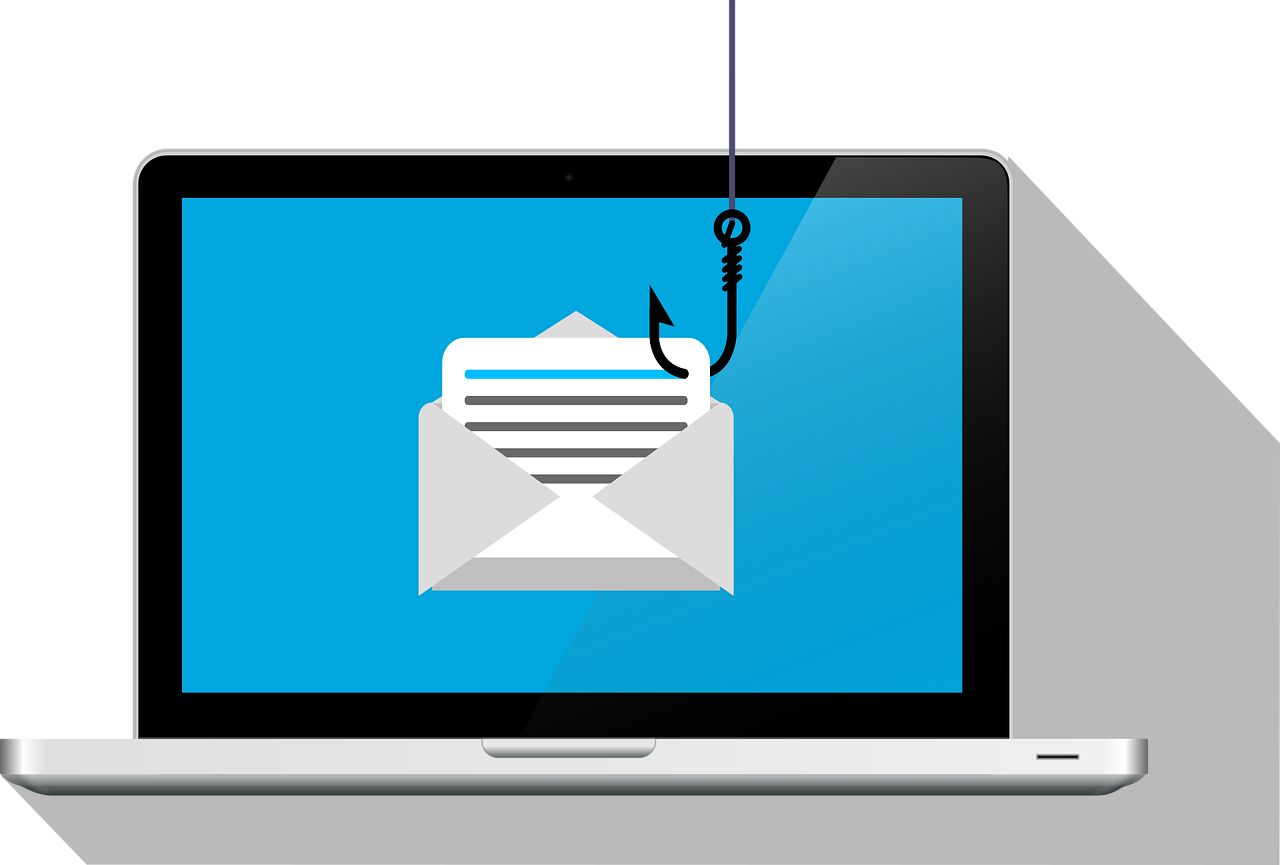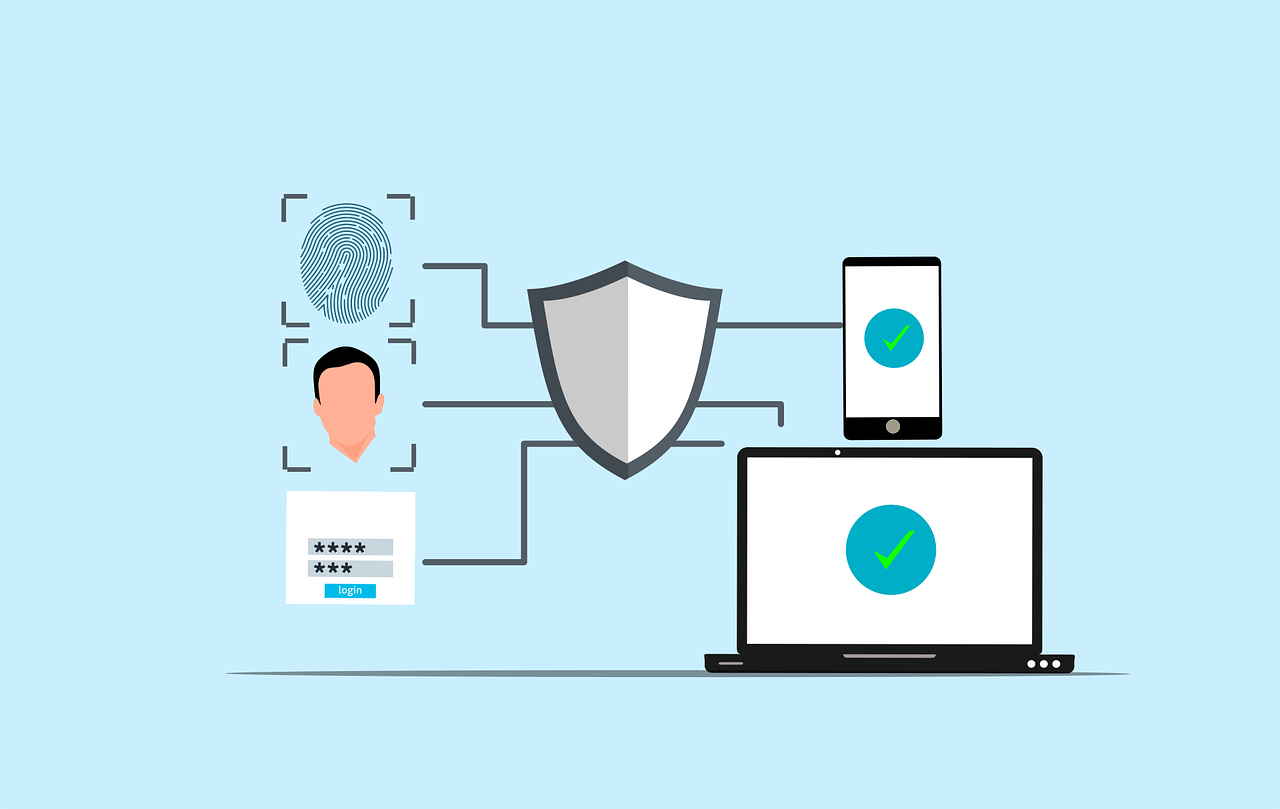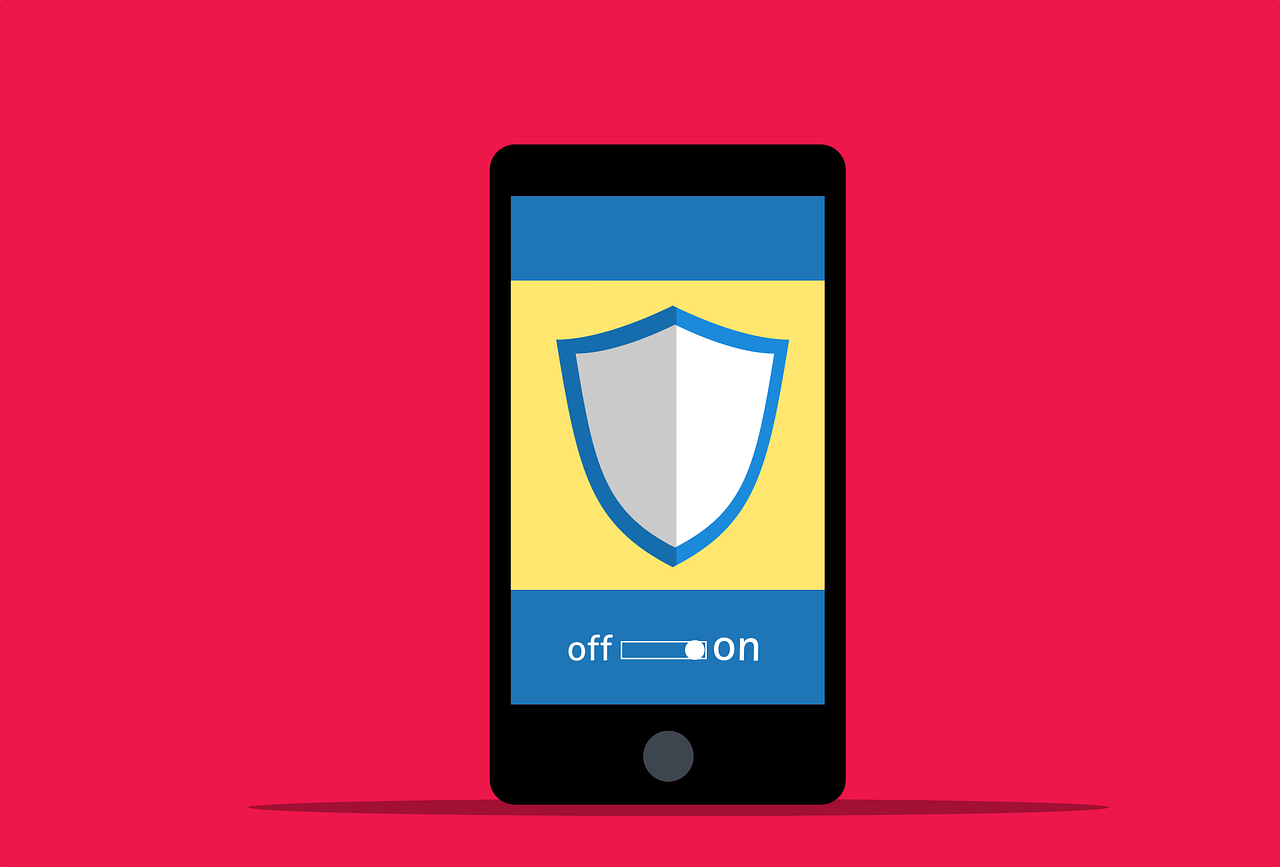-

7 New and Tricky Types of Malware to Watch Out For
Malware is a huge threat in the digital world. It can cause a lot of damage and cost people a lot of money. As technology advances, so do the tactics used by cybercriminals. In this article, we will explore some of the newest and trickiest types of malware. 7 Malware Threats to Watch Out For…
-

Where Do Deleted Files Go?
It may seem like the file is gone for good when you delete it from your computer. However, the truth is more complicated than that. A deleted file doesn’t really disappear from your hard drive; it stays there until new data fills up the space it occupied. This process might be hard to understand for…
-

New Gmail Threats Targeting Users in 2025 (and How to Stay Safe)
Cybercriminals target Gmail a lot because it’s very popular. It also integrates with many other Google services. As AI-powered hacking attacks become more common, it gets harder for people to distinguish between real and fake emails. As 2025 approaches, it’s crucial for Gmail users to be aware of these new threats and take steps to…
-

All About the New U.S. Cyber Trust Mark
The Cyber Trust Mark is a new smart device label created by the US government to prove that a device is safe. Internet of Things (IOT) devices have risen in popularity recently. Devices like smart thermostats and baby monitors make our lives easier, but also open us up to cyber threats. There were over 112…
-

Top 10 Security Tips for Mobile App Users
Mobile applications have become an integral part of our lives. We use them to browse the internet, network, communicate, and much more. But they open us up to risks caused by fraudsters who may steal information or damage our phones. According to 2024 data from Asee, over 75% of published apps have at least one…
-

Spotting the Difference Between Malware and Ransomware
Malware and ransomware are two types of bad software. They can damage your computer or steal your data. Downloading this harmful software comes with serious consequences. In 2024, there were more than 60 million new strains of malware found on the internet. This is why it’s critical to understand the difference between them. This article…
-

How to Minimize Ransomware Damage
Ransomware has now become a big problem for many people and businesses. It can lock up your files and make you pay money to get them back. This article will show how one can protect themselves from ransomware and what to do in case of an attack. What is ransomware? Ransomware is a type of…
-

10 Steps to Prevent a Data Breach
Data breaches can harm your business. They can cost you money and trust. Let’s look at how to stop them from happening. What is a data breach? A data breach is when someone steals information. This can be names, emails, or credit card numbers. It’s bad for your customers and your business. Why should you…
-

How to Spot Hidden Malware on Your Devices
-

5 Common Cyber Threats in 2025 (and How To Avoid Them)
In 2025, cyber threats are in almost every nook and corner. They might be with the intent to destroy computers, steal data, or take money. Understanding what they are and how protection against them works will come in handy. What Are the Most Common Cyber Threats? They come in so many forms, some old, some…

